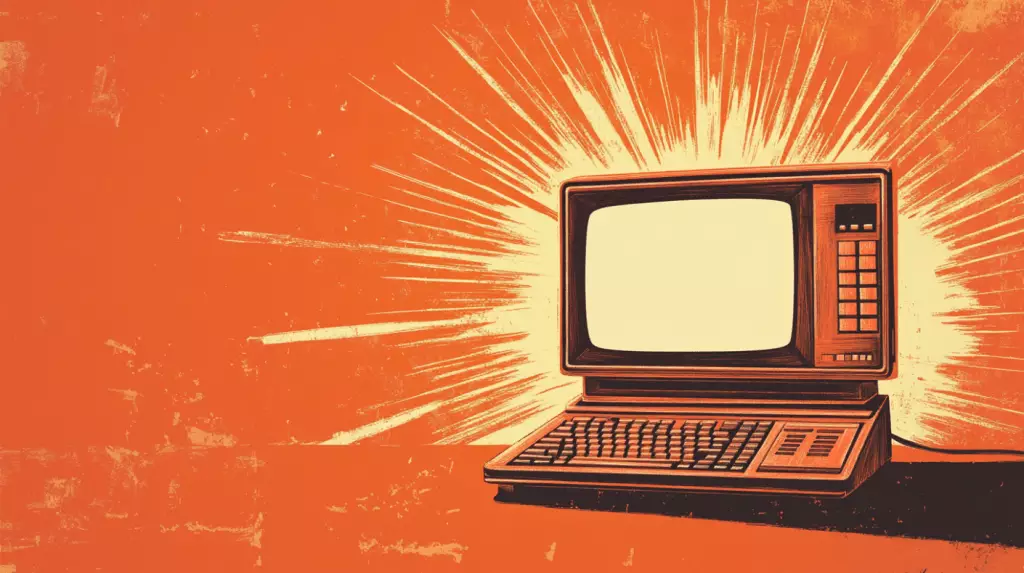The realm of software development is undergoing a historic transformation, comparable only to the emergence of open-source coding. As artificial intelligence (AI) tools transition from being viewed skeptically to becoming critical components of the software development landscape, the market—which is currently valued at an astonishing $736.96 billion—stands on the brink of a major evolutionary leap. Leading this extraordinary change is Anthropic’s AI model, Claude, which has rapidly gained popularity among developers, making it a centerpiece in the battle for supremacy in AI-assisted coding tools among tech giants.
Claude: A Game Changer for Developers
The rise of Claude has been nothing short of phenomenal, with reports indicating that the revenue generated from coding activities associated with this model skyrocketed by an incredible 1,000% in just three months. Anthropic shared with VentureBeat that software development interactions now account for over 10% of all Claude-related activities. Such meteoric growth has led to an evaluation of around $18 billion and attracted investments exceeding $7 billion from industry stalwarts such as Google, Amazon, and Salesforce.
What distinguishes Claude from its closest competitors is not just its capacity to generate code, but its ability to simulate the cognitive processes of an experienced developer. The model can interpret vast contexts—up to 200,000 tokens, roughly equivalent to a small codebase—while maintaining a coherent understanding of the development process. Alex Albert, Anthropic’s head of developer relations, emphasized this advantage, noting, “Claude has been one of the only models I’ve seen that can maintain coherence along that entire journey.” This sophisticated capability not only optimizes coding efficiency but also enables Claude to improve overall development practices.
This transformation in the development landscape is not limited to programmers alone. As AI tools like Claude become more integrated into the fabric of businesses, they empower teams across various departments to create their own software solutions. Marketing teams can design automation strategies, while sales departments can customize systems without direct IT involvement. This shift is shifting the traditional boundaries of software development, positioning it as a communal resource rather than a specialty confined to technical experts.
Albert commented, “We have a Slack channel where people from recruitment to marketing to sales are learning to code with Claude. It’s not just about making developers more efficient—it’s about making everyone a developer.” This growing democratization of coding skills reveals a significant shift in how businesses can operate, promoting innovation from all corners of an organization.
However, the ascent of AI-powered coding assistants is not free from concerns. Analysts from Georgetown’s Center for Security and Emerging Technology (CSET) have flagged potential security issues linked to AI-generated code, while labor unions express apprehension about the long-term implications for developer job markets. Furthermore, platforms like Stack Overflow have reported a notable decline in new programming inquiries since AI assistants gained widespread adoption, indicating potential disruptions in traditional learning and support mechanisms.
Nevertheless, rather than completely displacing developer jobs, these AI tools appear to be augmenting them. By automating repetitive coding tasks, developers can allocate their energies toward more complex aspects of software creation—be it system architecture, code quality, or innovative solutions. This scenario mirrors historical precedents in technology; just as the advent of high-level programming languages didn’t eliminate the demand for skilled developers, AI is emerging as another layer of abstraction, enhancing accessibility while generating new opportunities for specialization.
The Future of Software Development and Education
As industry forecasts suggest that by 2028, approximately 75% of enterprise software engineers will utilize AI coding assistants—an explosive increase from under 10% in early 2023—companies such as Anthropic are preparing for an AI-infused future with innovative features designed to minimize costs and expand capabilities. As Albert speculates, “We won’t need to change our working patterns as much as the models will adapt to how we already work.”
This evolution impacts more than just developers. The educational landscape for aspiring programmers is adapting, with traditional coding bootcamps facing a decline in enrollments as AI-centric programming courses rise. The trends imply a future where technical literacy aligns with essential communication skills, with AI tools serving as intermediaries between human intent and machine instructions.
Albert envisions a progressive trajectory for the software development industry, asserting that the layering of abstractions will continue, simplifying processes and making it easier for newcomers to engage with technology. As the divide between professional developers and casual users continues to narrow under the influence of AI, it becomes evident that the era of accessible coding is just beginning—a paradigm shift with the potential to redefine the very essence of creating software.


Leave a Reply